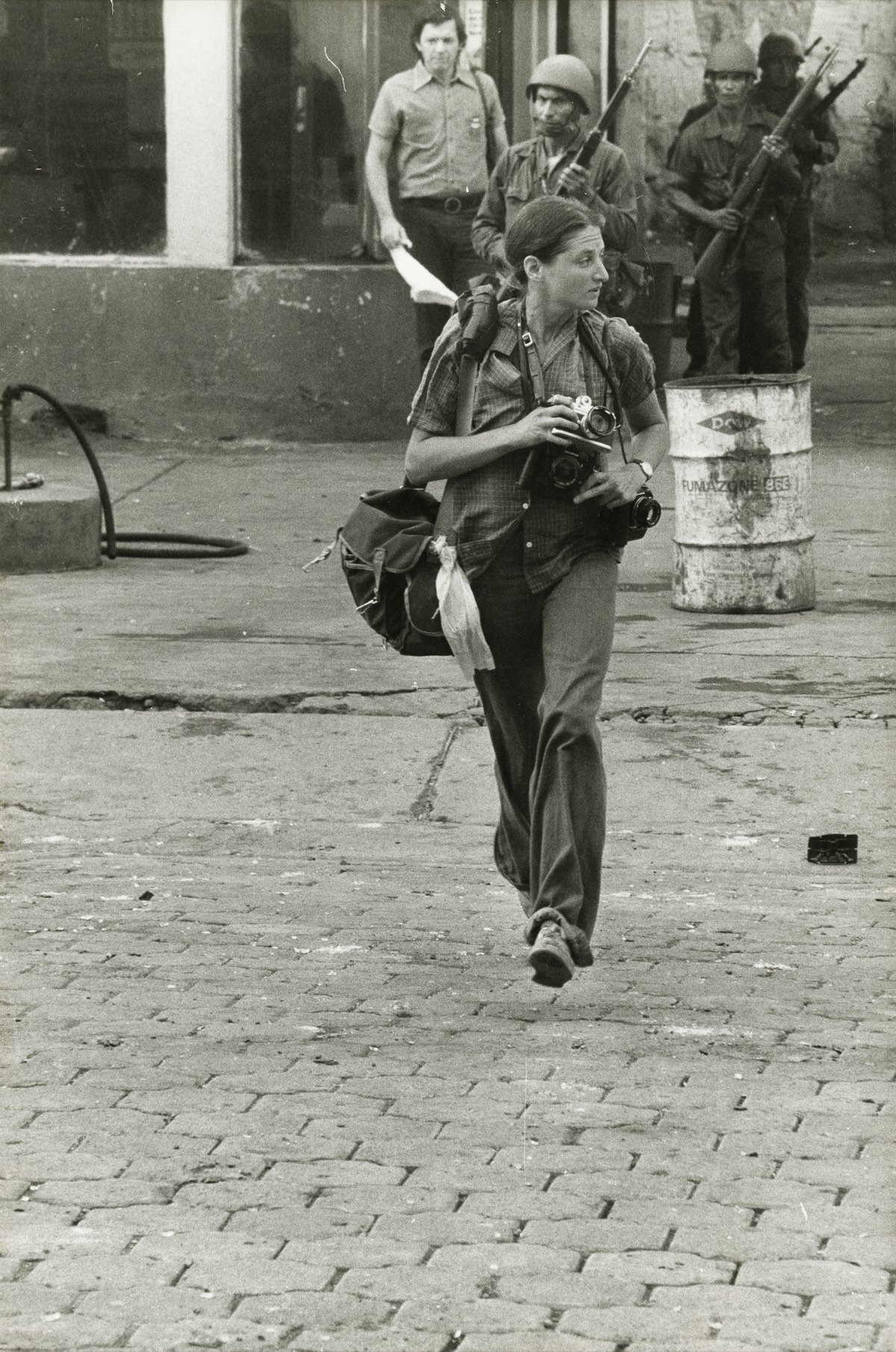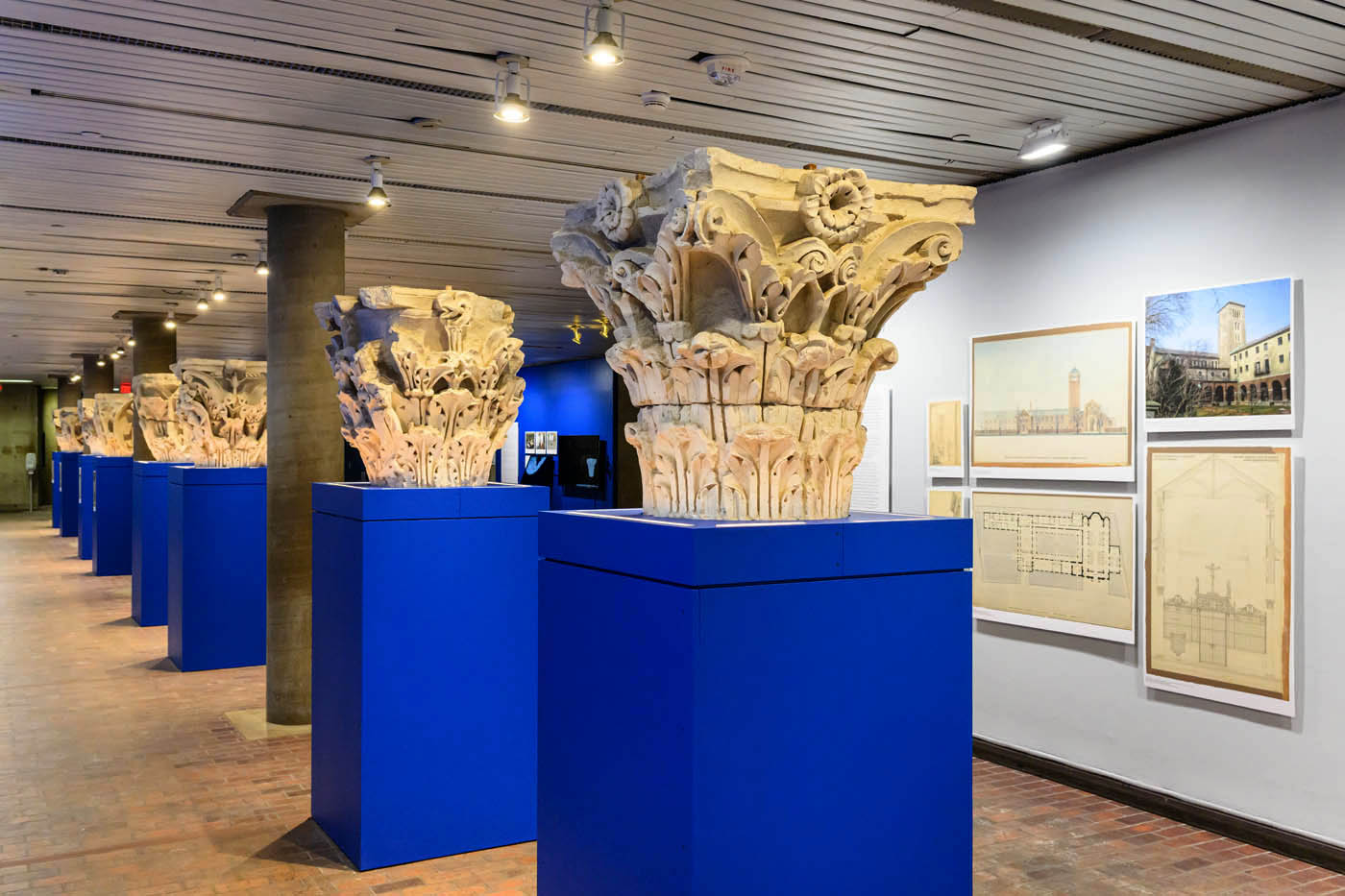Susan Meiselas photography encapsulates the powerful intersection of personal narratives and documentary artistry. Renowned for her evocative style, Meiselas gained significant recognition through her groundbreaking “44 Irving Street, Cambridge, MA” series, which now graces the walls of the Harvard Art Museums. This photography exhibition reflects not only her profound exploration of community and identity but also marks the formative moments shaping her career in photography. Meiselas’s work is a testament to documentary photography’s ability to connect individuals and evoke empathy through shared experiences. As she revisits her early works, she continues to inspire many, shedding light on the emotional depth behind each image and the stories they tell.
In the world of visual storytelling, Susan Meiselas stands out as a remarkable figure known for her impactful image-making practices. Her series on a communal living space, titled “44 Irving Street, Cambridge, MA,” showcases her talents at the Harvard Art Museums, inviting viewers into the intimate lives of her subjects. This captivating installation not only exhibits her early engagement with photography but also underscores the themes of connection and representation that characterize her extensive body of work. With a focus on documentary styles, Meiselas has diversified the narrative frameworks of her subjects, leading to meaningful dialogues about identity and context. Through these explorations, she has carved a significant niche in the landscape of contemporary photography.
The Impact of Documentary Photography on Susan Meiselas’ Career
Susan Meiselas’ journey into documentary photography wasn’t a traditional one; it was a profound moment of discovery that ultimately shaped her remarkable career. Initially pursuing a master’s degree, she stumbled upon a photography course that piqued her interest and shifted her focus. Through the lens of her camera, Meiselas explored the intricate lives of her boarding house neighbors, capturing an array of emotions and personal narratives. This project not only facilitated her connection to the residents but also served as a testament to the storytelling potential inherent in documentary photography. The experience allowed her to hone her skills and understand the significance of representing individuals’ stories, a theme that would echo throughout her extensive body of work.
Meiselas’ ability to engage with her subjects and bring their stories to light emphasizes the powerful role of documentary photography in shaping societal narratives. By diving into the personal realms of her neighbors, she grappled with themes of identity, representation, and the power dynamics between the photographer and the subject. These initial explorations eventually laid the groundwork for her more ambitious projects during the late 70s. Meiselas’ documentary work in Nicaragua and her later explorations into complex social themes are all deeply rooted in her commitment to authentic storytelling. Hence, it is clear that her career in photography has been profoundly influenced by the early days of capturing those intimate moments in Cambridge.
Exploring ’44 Irving Street’ at the Harvard Art Museums
The ’44 Irving Street’ series, now showcased at the Harvard Art Museums, stands as a poignant representation of Susan Meiselas’ artistic evolution. This exhibition draws visitors into the personal lives of individuals through her captivating black-and-white prints. Each photograph serves as an entry point into understanding not just the physical spaces occupied by her subjects but also their inner thoughts and feelings. The QR codes accompanying the photographs allow viewers to access the letters written by the subjects, enriching the viewing experience and emphasizing the photographer’s collaborative approach. This interaction between the viewer and the subject’s introspections deepens the appreciation for the art of documentary photography.
The exhibition invites reflections on how personal narratives are sculpted and interpreted through visual media. By illuminating the dialogue between herself and her subjects, Meiselas underscores the key tenets of her work: connection and representation. The stories and emotions encapsulated in ’44 Irving Street’ resonate with viewers, encouraging them to ponder their own memories and connections with others. As an ongoing exploration of identity through documentary photography, this exhibition at the Harvard Art Museums not only highlights Meiselas’ past but also cements her legacy as a vital voice in contemporary photography.
The Sociological Approach to Photography
Susan Meiselas’ early endeavors in photography were distinctly informed by a sociological approach, an angle that became apparent during her time at Harvard. Her course, which integrated sociology with photographic practice, equipped her with the tools needed to understand social dynamics and the behind-the-scenes lives of her subjects. By focusing on her neighbors during her ’44 Irving Street’ project, Meiselas adopted a lens that transcended mere documentation; she engaged deeply with the nuances of social interactions and how these were reflected in the living spaces of her subjects. This sociological foundation enabled her to create work that was both artful and deeply meaningful.
This innovative intersection of sociology and photography opened new avenues for storytelling within the genre of documentary photography. Meiselas utilized photography as a catalyst for connection, navigating through the complex relationships between self-representation and public perception. This thematic exploration laid the groundwork for her later projects, where she consistently questioned the implications of power in representation. The lens through which Meiselas viewed her subjects not only enriches her work but also invites a larger conversation about how art can foster understanding and community among diverse groups.
Emphasizing Connection in Photography
One of the most compelling aspects of Susan Meiselas’ work is her emphasis on connection as a core principle of photography. Throughout her career, she has positioned the camera as a tool for understanding and interacting with the world rather than merely capturing it. This connection is vividly evident in her ’44 Irving Street’ series, where every photograph serves as a port of entry into the lives of her subjects. Meiselas actively sought interactions with the residents, asking them to pose in their personal spaces, thus allowing their unique stories to unfold within the frame. Such intentional engagement exemplifies how documentary photography can bridge gaps and foster empathy between individuals.
Meiselas illustrates that the act of creating these portraits goes beyond the visual representation; it involves a dialogue that empowers subjects to articulate their own narratives. This principle resonates throughout her discussions and exhibitions, reinforcing the idea that photography can serve as an act of inclusion and collaboration. By sharing the written reflections of her subjects alongside their images, Meiselas cultivates a profound sense of connection between art, artist, and audience, reinforcing the underlying significance of personal relationships in photographic practice.
The Evolution of Susan Meiselas’ Artistic Process
The artistic process of Susan Meiselas has undergone significant evolution since her days at Harvard. Initially ignited by her curiosity in her surroundings, her work has matured into a profound exploration of social issues and narratives around the globe. Each new project builds upon the foundation laid by the ’44 Irving Street’ series, where she first learned to navigate the interplay between the observer and the observed. Over the years, Meiselas has maintained her commitment to honest representation and deep engagement with her subjects, harnessing the emotive power of documentary photography to shed light on critical societal issues.
As her career progressed, Meiselas began to experiment with a range of photographic techniques and methodologies, always prioritizing narrative and connection. Her work in conflict zones, such as Nicaragua during the insurrection, validates her transition from intimate portraits to larger, more complex narratives. Meiselas’ evolution as an artist reflects not only her personal growth but also the changing landscape of photography itself. Her continuous inquiry into the nature of representation, empowerment, and storytelling solidifies her position within contemporary documentary photography.
The Role of Audience Engagement in Photography Exhibitions
Audience engagement plays a pivotal role in the effectiveness of photography exhibitions, and Susan Meiselas has excelled in this domain with her presentations. The ’44 Irving Street’ exhibition at the Harvard Art Museums demonstrates how incorporating viewer participation can enhance the appreciation of photographic art. By including QR codes that lead to personal reflections from her subjects, Meiselas invites the audience to think critically about the photographs presented. This interactive layer transforms passive viewing into an active dialogue, allowing individuals to forge connections with the subjects and their narratives.
Moreover, engaging the audience through personal stories and reflections encourages deeper emotional responses and understanding of the sociological contexts behind the images. This participatory approach not only amplifies the impact of each photograph but also fosters a community around the shared experience of understanding diverse lives. Meiselas’ commitment to connecting viewers with the subjects of her photographs exemplifies how documentary photography can transcend the gallery space, extending its reach into broader societal conversations and amplifying the voices being portrayed.
Reflecting on Personal Identity through Photography
The exploration of personal identity has been a recurring theme in Susan Meiselas’ body of work, particularly evident in the ’44 Irving Street’ series. Each photograph serves as a visual inquiry into how individuals express themselves and navigate their identities within their immediate environments. As Meiselas highlights the unique characteristics of her subjects, she simultaneously underscores the multifaceted nature of personal identity — one that is shaped by space, societal norms, and personal experience. The collection of photographs offers reflections on how perspective can vary widely, inviting viewers to reconsider their perceptions of identity.
In the contemporary context of photography, Meiselas’ work advocates for a broader understanding of representation. By allowing her subjects to articulate their feelings and identities through letters, she not only highlights their voices but also challenges preconceived notions of how identity is typically portrayed. This dynamic interplay between image and text puts forth a nuanced discussion on the complexity of self-representation, thus fostering a deeper appreciation for individual narratives within the broader spectrum of documentary photography.
Lessons Learned from the ‘Irving Street’ Project
Reflecting on the ‘Irving Street’ project, Meiselas identifies several lessons that have influenced her artistic philosophy throughout her career. Most importantly, she emphasizes the significance of the relationships built between photographer and subject. The act of sharing personal spaces and narratives instigated a form of mutual understanding and trust, which enhanced the authenticity of her photographs. Meiselas learned that effective documentary photography hinges upon this connection; it is through genuine relationships that deeper stories can be unearthed and shared.
Furthermore, the experience underscored the ethical considerations involved in representation. Meiselas grappled with the implications of how the photographs might portray her subjects and the responsibility that comes with capturing their stories. This ongoing reflection on the power dynamics in photography has prompted her to develop a conscientious approach to her work, emphasizing empathy and collaboration as vital to ethical storytelling. These insights gained from the ‘Irving Street’ project have laid the groundwork for her expansive career in photography, continually informing her practice today.
Photography as a Tool for Social Change
Throughout her illustrious career, Susan Meiselas has utilized photography as a potent tool for social change. Her early work, particularly in documentary settings like ’44 Irving Street’, laid the foundation for a life dedicated to exploring nuanced narratives of those often marginalized by society. By engaging with her subjects and amplifying their voices, Meiselas has illustrated how photography can transcend mere documentation and evolve into an act of advocacy. Each photograph not only captures a moment but tells a story that can provoke thought, inspire empathy, and ignite conversations about critical social issues.
This approach reached new heights during her coverage of the Nicaraguan insurrection, where her photographs illuminated the complexities of conflict and resilience. The power of her imagery serves to challenge prevailing narratives and give a face to cultural and social struggles faced by communities. Meiselas’ commitment to using her camera as a means for advocacy reinforces the transformative potential of documentary photography; it can shape perceptions, challenge injustices, and ultimately foster a sense of collective awareness and responsibility toward social issues.
Frequently Asked Questions
What is Susan Meiselas known for in her documentary photography?
Susan Meiselas is renowned for her impactful documentary photography that captures human stories and social issues. Her most notable works include the documentation of the Nicaraguan insurrection in the late 1970s and the intimate portraits from her groundbreaking ’44 Irving Street, Cambridge, MA’ series, which profoundly shaped her career in photography.
Where can I view Susan Meiselas’ ’44 Irving Street, Cambridge, MA’ photography exhibition?
You can view Susan Meiselas’ ’44 Irving Street, Cambridge, MA’ photography exhibition at the Harvard Art Museums, where her black-and-white prints are on display until April 6.
How did Susan Meiselas’ education influence her career in photography?
Susan Meiselas’ education at the Harvard Graduate School of Education played a significant role in developing her career in photography. During her studies, a photography course with a sociological angle inspired her to use the camera as a means of connection, leading to her influential ’44 Irving Street, Cambridge, MA’ project.
What themes are prevalent in Susan Meiselas’ documentary photography?
Susan Meiselas’ documentary photography often explores themes of connection, representation, and the complexities of the photographer-subject dynamic. Her work, including her ’44 Irving Street, Cambridge, MA’ series, emphasizes the relationship between the photographer and their subjects, highlighting both positive interactions and the challenges of representation.
What is the significance of the responses recorded in Susan Meiselas’ ’44 Irving Street, Cambridge, MA’?
The written responses collected from subjects featured in Susan Meiselas’ ’44 Irving Street, Cambridge, MA’ series are significant as they provide insight into how individuals perceive themselves and their representation through photography. These responses enrich the narrative of the exhibition, making it a profound exploration of identity and connection.
How does Susan Meiselas approach the concept of representation in her photography?
In her photography, particularly evident in ’44 Irving Street, Cambridge, MA’, Susan Meiselas approaches representation as a collaborative process. She engages with her subjects, encouraging them to reflect on their portraits and the stories they tell, thereby addressing the power dynamics involved in documentary photography.
What impact did the ’44 Irving Street, Cambridge, MA’ project have on Susan Meiselas’ later work?
The ’44 Irving Street, Cambridge, MA’ project had a lasting impact on Susan Meiselas’ later work, establishing her foundational approach to photography focused on human connection and narrative. It inspired her subsequent projects, which often center around building relationships and engaging communities through the lens of documentary photography.
| Aspect | Details |
|---|---|
| Photography Series | 44 Irving Street, Cambridge, MA |
| Initial Focus | Susan Meiselas was pursuing a master’s degree in education when she took a photography class that changed her trajectory. |
| Project Inspiration | She documented her boarding house’s residents, exploring their individual personalities and spaces. |
| Key Themes | Connection and representation; Meiselas highlighted her subjects’ perspectives through written responses. |
| Impact of the Project | Laid the groundwork for her future work in photography and narrative storytelling. |
| Exhibition Details | Displayed at the Harvard Art Museums until April 6, showcasing Meiselas’s early work. |
| Collaborative Philosophy | Meiselas emphasizes photography as a medium that includes subjects in the narrative. |
Summary
Susan Meiselas’ photography shines as an influential exploration of the human experience through her lens. Her work in the “44 Irving Street, Cambridge, MA” series not only shaped her early career but also cultivated her philosophy on connection and representation in photography. By engaging her subjects in the storytelling process, she highlights the complexities of identity and belonging, inviting viewers to reflect on the narratives behind each captured image. This innovative approach continues to resonate in her current projects, making her contributions to photography both enduring and impactful.



